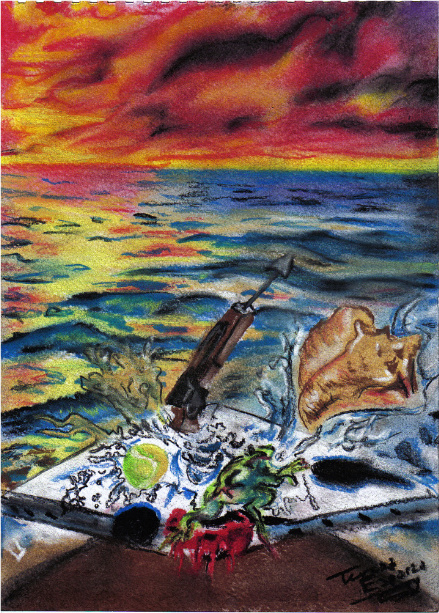Throughout the book, Charlie goes with the flow. He never protests change- even if it feels wrong to him. He's never interested in having any aspirations. I would describe him as "here and now". I find it interesting that he only expresses himself through his letters. He is introduces to the Rocky Horror Show,
But Charlie didn't have many ideas, or specific ways or principles. I have no idea whether or not if hat's the type of attitude that is best, but I know that dreams, and accomplishing them is satisfying, and some people need a goal to work towards. In the end, it's knowing what you want to do- and how you want to do it. Expression is how we portray ourselves, but how to do it is something important when coming of age.
It's always important to feel comfortable- around friends, around family. To not be a 'yes man' and to stand up for what you believe in, even if someone differs in opinion. Charlie feels inclined to agree with everything a friend says in order for them to think well of him; "'…It's sweet and everything but it's like you're not even there sometimes. '" (201) Sam is telling Charlie that he needs to have his own personality to communicate- because people need companionship, and not just someone who doesn't care about themselves enough to be there for someone- as an other human being. Often, you have to be prepares to lead instead of follow.
I think that Charlie's side plot with Bill was interesting because it showed how Charlie could express himself, but only when he felt comfortable enough to do it. Not being true to yourself is always common, mainly in small ways that build up. Telling a white lie to agree with a friend, or even something more drastic, like altering your dream or aspiration to, say, go to the same school with a friend. But in the end, your life doesn't just revolve around your social life. There is an entire world that you can create by yourself, filled with goals and dreams. Life is more than just other people- it's about you, too.

